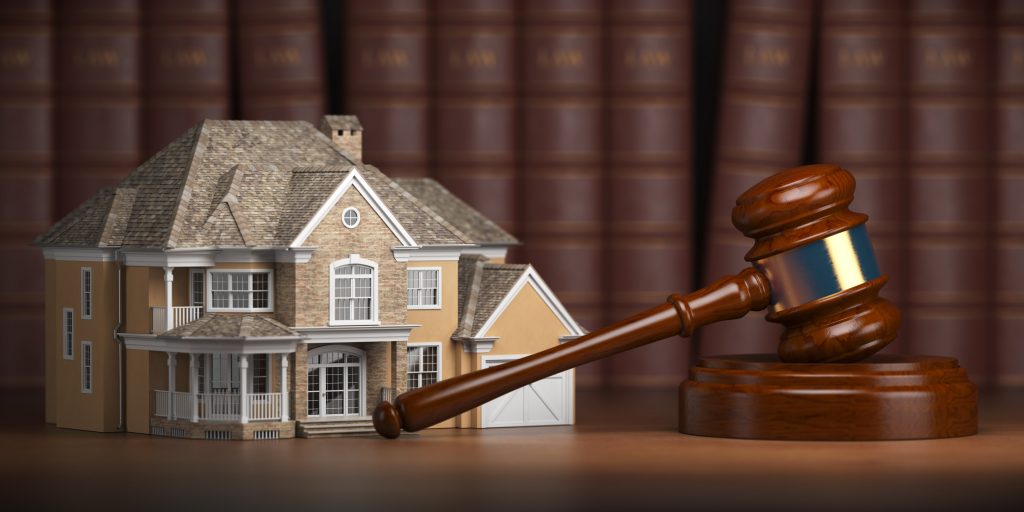
There is a significant change in the rules for dating apps. Bumble, Grindr, Hinger, Tinder, and other dating apps enable people to make more connections in a series of swipes than they may have over the years in the classroom, office as well as in the club. Still, there are many things to think of from a legal perspective prior to taking part in the revolution.
Can Personal Information Be Shared?

Privacy issues are innate since dating apps fit into the bang of digital data, which has appeared over the past couple of years. According to Dating Inquirer, app makers and developers are provided access to conventional personal data of users, like email add and name, but also sensitive data like the physical location of the users or the preferred partner. How dating apps gather, uses as well as protects information is mainly determined by its self-published privacy policy.
It is improbably that any part of the national patchwork of the privacy regulations of the data like the Gramm-Leach-Bliley Act or the Health Insurance Portability and Accountability Act could be construed as protecting dating app information. Many states have passed broad, European style regulations, which need anyone having personal information of the state’s residents to put considerable safety measures in place to keep it safe from illegal access (one of these states is Missouri). But, others than those restricted conditions, decrees, and rulings will not dictate what dating apps with the data of the users. Users must carefully read privacy policies prior to giving personal information because these policies will likely be regarded as enforceable clickwrap agreements.
Do Conversations Confidential?
Users might be concerned about the privacy of discussions, especially on apps like Free Fuck App, which happen in the dating app messaging service. Luckily for the cautious ones, dating apps are banned from revealing the content of these discussions under the Stored Communications Act. While this law protects privacy discussion, an open question is if a swipe right or swipe left would be regarded as such a communication. This regulation just applicable to communication content and doest restrict dating apps from revealing the information of the user.
Also, these rules don’t apply to other users of the app. Hard to drive invasion of privacy torts like interruption upon seclusion would be the main solution should users take a screenshot of an awkward exchange and send it to others.
Another Threat Exists?
Dating apps can be a productive place for sophisticated phishing scams as well as other online frauds. In serious cases, dates arranged via apps could result in assault, robbery as well as other physical crimes. However, users will be pushed to hold an app accountable for any harm, which results from interaction with other users of the app.
Almost certainly, apps will disclaim all warranties and representation when it comes to other users in their terms of use conformity. What is more, the Communications Decency Act protects apps from liability based on data posted by users, like phishing scams or distortion about age. Dating apps might be liable for negligence, but if it were aware, a user was engaged in an unlawful activity and didn’t disable the user’s account.